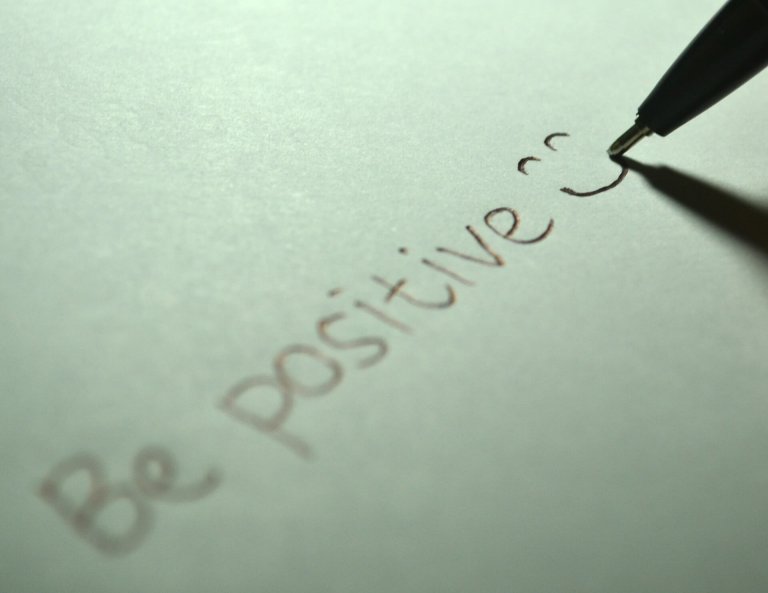Emotions Are Like Food, and They Affect Your Stomach

Emotions, both the pleasant and the unpleasant ones, work just like a food that your body has to digest. It should not be surprising, then, the kind of emotion we are experiencing, will affect our stomachs, just like good or rotten food. Feeling a knot in our stomach if we are afraid or the famous butterflies fluttering around when we are in love are just a few examples of this connection between our mind and our digestive system. But… can we control or minimize their negative effects?
“Life is a gerund, not a participle”
-Ortega y Gasset-
Why are emotions and the digestive system connected?
Doctor Mario Alonso Puig, a specialist in general surgery and the digestive system, explains that the immediate impact of our emotions on our stomach happens because one of the most important emotional maps in our brain, the Island of Reil, recovers information from the digestive tract.

Furthermore, the part of the nervous system that is responsible for the gastrointestinal system and lining the stomach contains neurotransmitters like the brain. Surprisingly, this structure, made up of a network of a hundred million neurons, allows this system to remember and learn in a way independent of the brain, which is why it is known as a “second brain.”
We have three “brains”
We have not one, not two, but three “brains” in our body that have been identified. Beyond the one we all know, we have a second and third one located in the digestive tract and in our heart. In fact, 90% of the serotonin – the hormone that regulates our mood – is produced in the digestive system.
These three “brains” have to be in contact and work together. Doctor Puig ensures us that when one breaks away, the harmful effects become noticeable on a physical level.
In the case of the digestive tract, the person suffers disorders like irritable bowel syndrome, spasms, digestive problems, etc. Unfortunately, from a medical standpoint, little help can be offered to a person who is suffering from these. However, there are solutions on the emotional side:
Get rid of anxiety
If the person reduces their anxiety levels or sees life with more hope, the digestive system often gets back into sync naturally with the brain in our head.
Practice smiling, even if it is fake!
Something so simple – or may not so simple in some situations – like flashing a smile has the ability to alter the path of anxiety, because it sends a message to the brain that everything is fine.
Although it may be difficult to achieve at first, if we can manage a smile in an uncomfortable situation, our brain feels obligated to do something to adapt to the message received.
A “genuine smile” that Duchenne — that is, an involuntary or spontaneous smile — is said to have the same effect in the brain as a faked smile. A bit like if we had received a compliment or a bit of good news.

Do away with toxic emotions
Between 60% and 90% of consultations in medical institutions are due to so-called “toxic emotions” (anger, anxiety, sadness, rage, shame, envy, guilt, hostility, disgust…) and to the segregation of cortisol, the fear hormone.
Looking for the positive side of life implies a physical change. The formation of new brain tissue that allows us to reinvent ourselves and thus to be capable of focusing on the positive things in a continuous way.
Stop bottling up your emotions, write them out
The price of continuing to bottle up your negative emotions may be illness. This is a very good reason to start addressing your negative emotions.

One technique recommended by Dr. Puig consists in writing them out, because by reflecting on our emotions in writing, they go through the left anterior or prefrontal area, the base of our positive emotions.
By articulating negative emotions through language, they absolutely have to go through the left prefrontal zone and this automatically reduces their strength.
If the emotion is anger, go for a run
When we are faced with the emotion anger, Mario Alonso Puig advises running, and fast, because the oxytocin and betaendorphin created by running disconnect the amygdala and the hypothalamus, the bases responsible for angry reactions.
With this information, it is clear that the best thing for our health and well being is to stop bottling up negative emotions. In this way, we will avoid indigestion or other more serious illnesses that have to do with our stomach or intestines.
Before bottling up a letdown, canning despair, or storing away rage, remember that taking a pen and expressing negative sensations on paper is a healthier alternative than collecting them.
This text is provided for informational purposes only and does not replace consultation with a professional. If in doubt, consult your specialist.








